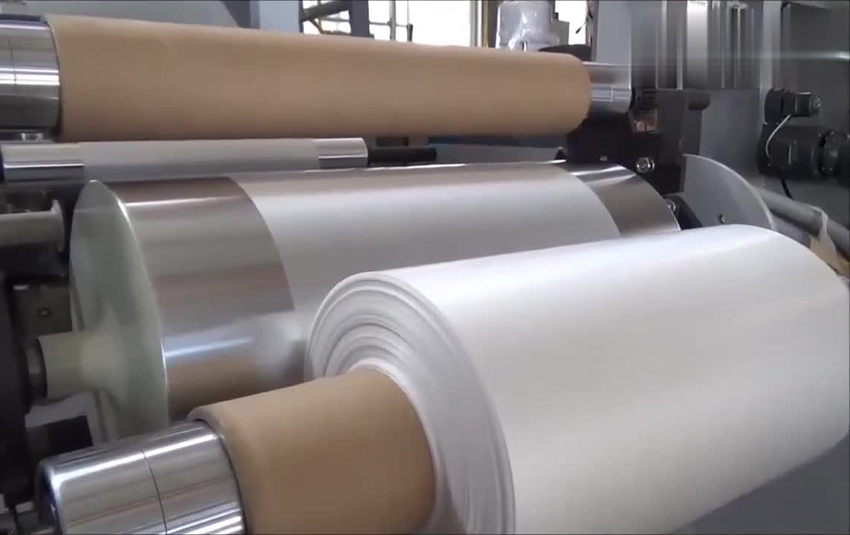How does the use of HSBC in pressure-sensitive adhesives improve their tackiness and shear strength?
The use of Hydrogenated Styrene-Butadiene Block Copolymer (HSBC) in pressure-sensitive adhesives (PSAs) enhances both tackiness and shear strength due to its unique chemical and physical properties. Here’s how HSBC contributes to these improvements:
Increased Tackiness
Tackiness is the ability of an adhesive to adhere to a surface upon initial contact without the need for heat or pressure. HSBC improves tackiness in pressure-sensitive adhesives through the following mechanisms:
Elasticity and Flexibility: HSBC’s block copolymer structure combines hard styrene blocks with soft butadiene blocks. The soft butadiene blocks provide flexibility and conformability, allowing the adhesive to make better contact with uneven surfaces and achieve a strong initial bond.
Surface Wetting: The soft segments of HSBC enhance the adhesive’s ability to wet out the surface, which helps in forming a good initial bond. This ensures that the adhesive spreads easily and adheres effectively to various substrates.
Enhanced Shear Strength
Shear strength is the adhesive’s ability to resist forces that attempt to slide the bonded surfaces parallel to each other. HSBC improves shear strength in pressure-sensitive adhesives through:
Toughness and Cohesion: The hydrogenation process strengthens the polymer matrix by reducing its susceptibility to oxidative degradation. This leads to a tougher and more cohesive adhesive film, which can withstand higher shear forces without failing.
Balanced Hardness: HSBC’s hard styrene blocks contribute to the overall rigidity of the adhesive, which, combined with the flexibility of the butadiene blocks, provides a balanced hardness. This balance helps the adhesive resist shear forces while maintaining flexibility, which is crucial for applications requiring both strength and adaptability.

Temperature and Environmental Stability
HSBC improves the stability of pressure-sensitive adhesives in various environmental conditions:
Thermal Stability: The hydrogenation process enhances HSBC’s resistance to heat, preventing softening and loss of strength at elevated temperatures. This ensures that the adhesive maintains its tackiness and shear strength even under thermal stress.
Chemical Resistance: HSBC’s improved chemical resistance helps the adhesive maintain its properties in the presence of solvents, oils, or other chemicals. This contributes to consistent performance in different environments.
Processing and Formulation Flexibility
HSBC provides advantages during the formulation and processing of pressure-sensitive adhesives:
Ease of Processing: HSBC can be easily blended with other polymer components, allowing formulators to adjust the properties of the adhesive to achieve desired levels of tackiness and shear strength. This flexibility is beneficial for customizing adhesives for specific applications.
Compatibility with Additives: HSBC’s compatibility with various additives, such as tackifiers and plasticizers, allows for fine-tuning of the adhesive’s performance. This helps in optimizing both tackiness and shear strength according to the requirements of the application.
Hydrogenated Styrene-Butadiene Block Copolymer (HSBC) enhances the performance of pressure-sensitive adhesives by improving tackiness and shear strength. Its unique block copolymer structure, combined with the benefits of hydrogenation, contributes to better adhesion, flexibility, and resistance to environmental factors. These properties make HSBC an excellent choice for high-performance adhesives used in a wide range of applications.





